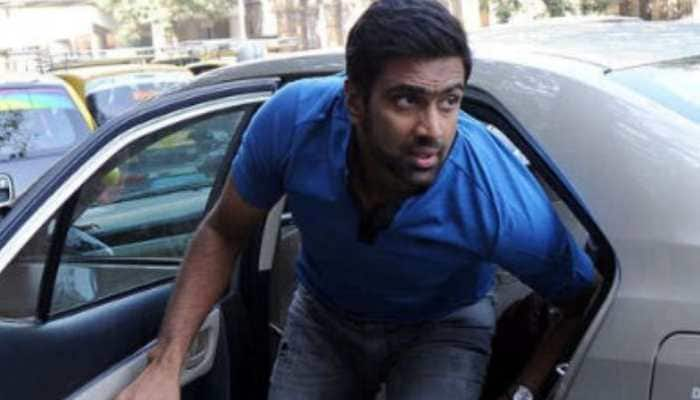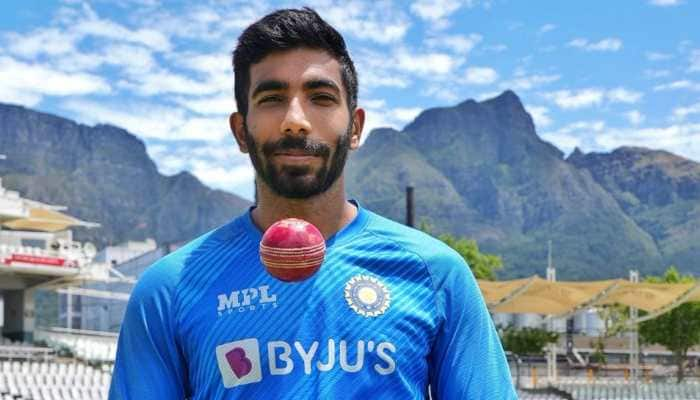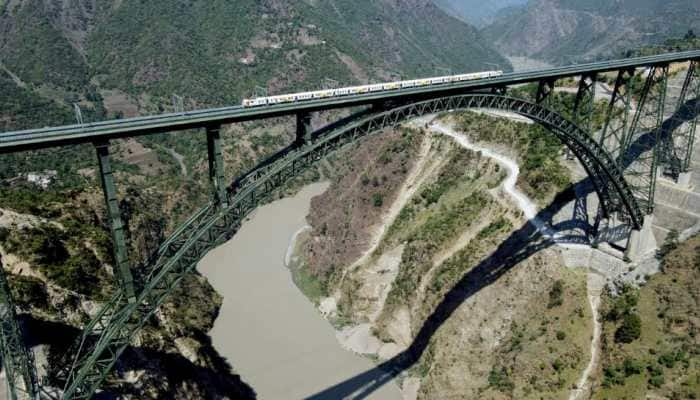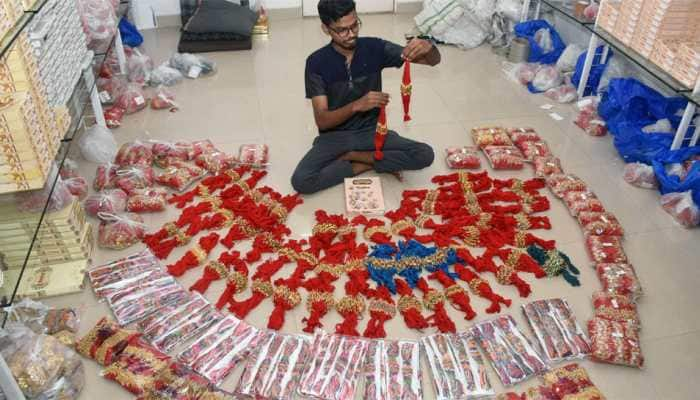Narendra Modi reignites Communal Violence Bill debate with letter to PM
Coming out strongly against the Communal Violence Bill, BJP’s prime ministerial candidate Narendra Modi has termed it as ill-conceived, poorly drafted and a recipe for disaster.
Trending Photos
)
Zee Media Bureau/Ajith Vijay Kumar
Ahmedabad/New Delhi: Coming out strongly against the Communal Violence Bill, BJP’s prime ministerial candidate Narendra Modi has termed it as ill-conceived, poorly drafted and a recipe for disaster.
The Gujarat Chief Minister has joined chief ministers of West Bengal, Tamil Nadu, Madhya Pradesh and Odisha in opposition to the bill which they allege is a violation of India’s federal structure.
Also Read: Communal Violence Bill facing opposition from non-Cong states
Narendra Modi has also written a letter to the PM to register his opposition to the bill.
The `Prevention of Communal and Targeted Violence (Access to Justice and Reparations) Bill, 2013` proposes to impose duties on the Centre and state governments and their officers to exercise their powers in an impartial and non-discriminatory manner to prevent and control targeted violence, including mass violence against religious or linguistic minorities, SCs and STs.
The bill also proposes constitution of a body - National Authority for Communal Harmony, Justice and Reparation - by the Centre to exercise the powers and perform the functions assigned to it under this Act. The bill largely sticks to the provisions prepared by Sonia Gandhi-led National Advisory Council (NAC).
Modi, in a series of tweets today morning, hit out at the UPA government for pushing ahead with the Communal Violence Bill.
“Communal Violence Bill is ill-conceived, poorly drafted & a recipe for disaster! Timing of Communal Violence Bill is suspicious. Political considerations & votebank politics rather than genuine concerns are guiding it,” he tweeted.
Also Read: BJP to oppose Communal Violence Bill in Parliament
“Communal Violence Bill is in clear violation of India`s federal structure. Centre is busy forming laws on matters that are in the State List. If a Legislation has to be implemented by the States, should it not be legislated by the States?”
“If implemented, Communal Violence Bill would fragment society & increase violence. It will have results opposite of the stated objective. Urged PM to seek wider consultation with the states & various stakeholders of the Bill before proceeding any further on a Bill like this,” he added.
Also Read: Will soon bring in anti-communal violence bill: Shinde
In his letter to PM, Modi described the bill as an attempt to encroach upon the authorities of the state governments and sought wider consultation among the various stakeholders such as the state governments, political parties, police and security agencies etc. before any further movement on the issue.
The Gujarat Chief Minister said that his government is sensitive to the issue of communal violence and agreed that there is a need to be vigilant on communal violence but the contents and timing of the bill are suspicious.
He questioned the hurry of the Centre to introduce the bill in the Parliament, saying that such an attempt before the Lok Sabha elections is suspicious and is driven by votebank politics rather than genuine concern for preventing communal violence.
In his letter to the Prime Minister, the Gujarat Chief Minister brought out the various operational issues in the proposed Prevention of Communal Violence (Access to Justice and Reparations) Bill, 2013. He shared various shortcomings in the individual sections of the proposed Bill.
For example, the Section 3(f) that defines “hostile environment” is wide ranging, vague and open to misuse. Likewise, the definition of communal violence under Section 3 (d) read with Section 4 would raise questions on whether the Centre is introducing the concept of “thought crime” in the context of the Indian criminal jurisprudence.
Strongly opposing the move to make public servants, police and security agencies criminally liable, Modi warned that such a move can adversely impact the morale of our law and order enforcement agencies. It may also make them vulnerable to political victimization.
Stay informed on all the latest news, real-time breaking news updates, and follow all the important headlines in india news and world News on Zee News.
Advertisement
Live Tv
Advertisement







)
)
)
)
)
)
)
)
)
)
